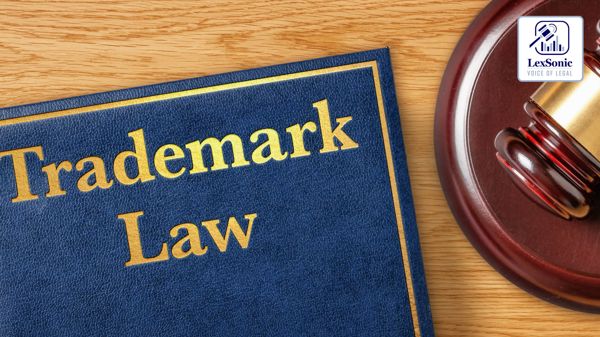Legal Proceedings Initiated in Trademark Infringement Case.
09 July 2024
Trademark Laws in India >> Intellectual Property Rights
In a recent legal development, a civil suit under commercial jurisdiction has been initiated concerning allegations of trademark infringement and related claims. The proceedings, encapsulated in a series of orders and applications, shed light on the intricacies of legal protection in intellectual property disputes.
The proceedings commenced with an application seeking exemption from filing clear copies of documents under Section 151 of the Code of Civil Procedure, 1908 ("CPC"). This request was granted on the condition that legible and original copies must be submitted before the subsequent hearing, ensuring transparency in evidentiary documentation.
Simultaneously, an application under Order XI Rule 1(4) of the CPC was filed, seeking leave to introduce additional documents pertinent to the case. The plaintiff was granted liberty to do so, subject to compliance with the procedural guidelines stipulated under the Commercial Courts Act, 2015, and the Delhi High Court (Original Side) Rules, 2018.
Furthermore, an application invoking Section 12A of the Commercial Courts Act, 2015, was presented, seeking exemption from instituting pre-litigation mediation. This plea was grounded in relevant legal precedents, including decisions from the Supreme Court and the local Division Bench, leading to its approval by the court.

Despite the absence of the defendants during the initial hearing, the court directed the registration of the plaint as a suit, thereby formalizing the commencement of legal proceedings. Subsequently, summons were mandated to be served to the defendants through all permissible modes, instructing them to file a written statement within thirty days. Crucially, the defendants were also required to submit an affidavit either admitting or denying the authenticity of the plaintiff's documents, without which their written statement would not be considered by the court.
In anticipation of subsequent stages, the plaintiff was granted liberty to file a replication within thirty days of receiving the defendants' written statement, accompanied by an affidavit addressing the genuineness of the defendants' documents. The court set specific dates for the hearing, scheduling the marking of exhibits before the Joint Registrar (Judicial) on 13th August, 2024, followed by a court appearance on 13th November, 2024.
In a pivotal move during the proceedings, the plaintiff filed an application under Order XXXIX Rules 1 and 2 of the CPC, supplemented by Section 151, seeking interim injunction against the defendants. This application was rooted in allegations that the defendants had unlawfully adopted the trademark "REBAHEAL," identical to the plaintiff's well-established mark, for their pharmaceutical products. The court, after assessing the merits of the case, granted the interim injunction, restraining the defendants from manufacturing, marketing, or selling products under the infringing mark, thereby safeguarding the plaintiff's intellectual property rights pending the final resolution of the case.
Throughout the proceedings, procedural fairness and legal standards were meticulously upheld, ensuring both parties had the opportunity to present their cases in adherence to established legal norms. The court's rulings reflected a balance between protecting intellectual property rights and facilitating due process, underscoring the significance of legal clarity and judicial integrity in matters of commercial litigation.
As the case progresses, these developments will continue to shape the landscape of trademark law, emphasizing the importance of comprehensive legal strategies and adherence to procedural guidelines in safeguarding intellectual property in competitive markets.
